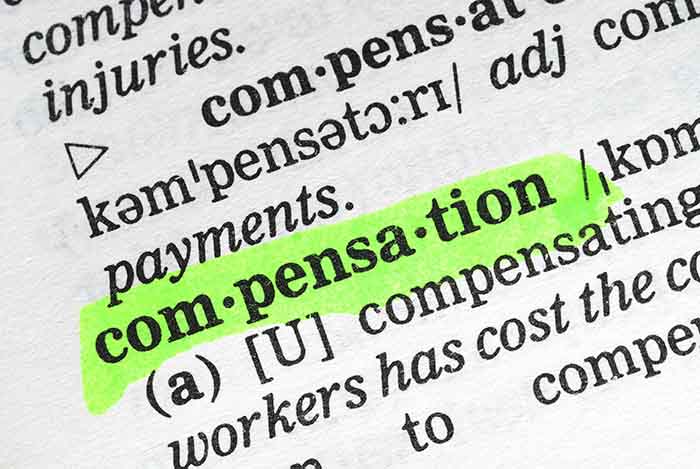The cost of bad pension transfer advice doubled to £40m ($51m, €44.6m) in just two years, according to a letter from the UK’s Financial Services Compensation Scheme (FSCS) to Welsh MP Nick Smith.
In the letter, which International Adviser has seen, the FSCS estimates that compensation was just £20m in 2016. However, its system does not distinguish defined benefit (DB) transfers from others, meaning that the increase could be even higher.
Additionally, total compensation for pensions jumped sharply to £171m in 2018, up from £70.7m in 2016.
The FSCS declined to comment when contacted by IA.
Transfer troubles
The launch of the pension freedoms in April 2015 has not been without its problems.
On 4 January 2019, the UK’s Financial Conduct Authority (FCA) said that, since then, 19 firms have stopped offering pension transfer advice, either by having their permissions removed or by giving them up voluntarily.
The FCA also published a study on a sample of firms regarding pension transfer advice, finding that over half of the advice provided was “not suitable”.
British Steel
Smith has been in talks with the FSCS to “ensure that steelworkers whose pensions were put at risk through bad advice last winter are fairly compensated”, he said in a Facebook post dated 20 December 2018.
In relation to the letter, Smith said that “it is absolutely shocking that the compensation paid out in these cases has doubled to £40m in just two years”.
“Last winter, many steelworkers were targeted by rogue financial advisers who swooped in to take advantage of changes to their pension schemes. Because of the poor advice they were given, many – including some of my constituents – ended up losing thousands of pounds of their hard-earned money.
“The treasury and financial regulators need to act immediately to make sure that this never happens again and that the people responsible are held to account.”
The information came to light on the same day the Department for Work and Pensions announced it was launching an inquiry into contingent charging, one of the ways in which unscrupulous financial advisers are thought to pressurise clients to transfer.








